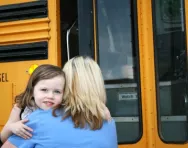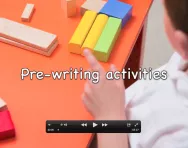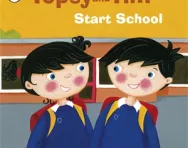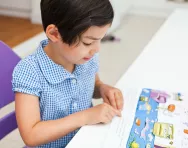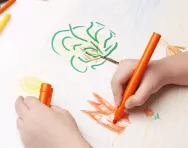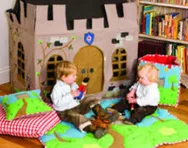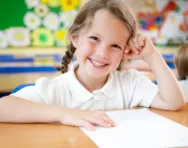Important update from TheSchoolRun
For the past 13 years, TheSchoolRun has been run by a small team of mums working from home, dedicated to providing quality educational resources to primary school parents. Unfortunately, rising supplier costs and falling revenue have made it impossible for us to continue operating, and we’ve had to make the difficult decision to close. The good news: We’ve arranged for another educational provider to take over many of our resources. These will be hosted on a new portal, where the content will be updated and expanded to support your child’s learning.
What this means for subscribers:
- Your subscription is still active, and for now, you can keep using the website as normal — just log in with your usual details to access all our articles and resources*.
- In a few months, all resources will move to the new portal. You’ll continue to have access there until your subscription ends. We’ll send you full details nearer the time.
- As a thank you for your support, we’ll also be sending you 16 primary school eBooks (worth £108.84) to download and keep.
A few changes to be aware of:
- The Learning Journey weekly email has ended, but your child’s plan will still be updated on your dashboard each Monday. Just log in to see the recommended worksheets.
- The 11+ weekly emails have now ended. We sent you all the remaining emails in the series at the end of March — please check your inbox (and spam folder) if you haven’t seen them. You can also follow the full programme here: 11+ Learning Journey.
If you have any questions, please contact us at [email protected]. Thank you for being part of our journey it’s been a privilege to support your family’s learning.
*If you need to reset your password, it will still work as usual. Please check your spam folder if the reset email doesn’t appear in your inbox.
Personal, social and emotional development in EYFS
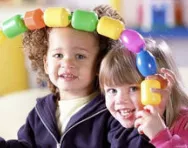
In the Early Years Foundation Stage, PSHE is referred to as personal, social and emotional development. This area of your child's learning is concerned with wellbeing – knowing who you are, where you fit in and feeling good about yourself. It is also about developing respect for others, social competence and a positive disposition to learn.
What will your Early Years Foundation Stage child learn?
- Children will learn to form positive relationships in a setting that supports mutual respect and understanding and that celebrates and acknowledges differences.
- With adults as guides and role models, your child will learn to develop anti-discriminatory attitudes.
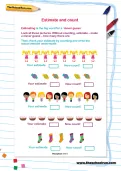
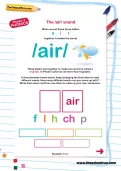
Start the Reception Learning Programme!
- Weekly maths & English worksheets direct to your inbox
- Follows the National Curriculum
- Keeps your child's learning on track
They will be encouraged to gain a knowledge and understanding of their own culture and community to help them develop a sense of belonging and a strong self-image.
- Role play is used to help children explore their own culture and appreciate the similarities and differences in those of others.
- A positive self-image and high self-esteem will be encouraged to give children the confidence to make the most of opportunities, to communicate effectively and to explore the world around them.
- Children learn about different kinds of relationships. Being with the same adults and children regularly gives them the time and opportunity to develop relationships that promote social competence.
- Your child will be encouraged to think about and practise ways of solving problems to help them to feel capable of responding to challenges.
Lesson examples
Here are the kinds of things your child might cover in PSHE classes:
- The children experiment with a range of pipes, guttering and boxes. They talk to the practitioner about what they’ve done and investigate further as a result of that discussion.
- If children are fighting over a toy the practitioner will intervene to stop them and help the children sort out their disagreement. They might agree to each have the toy for a certain amount of time.
How you can help at home
- Encourage your child to play with friends or siblings outside of school hours. Provide plenty of different materials and resources for them to choose from and get them working together to build things, solve problems and create things. Most importantly, promote sharing and turn-taking!
- Make sure you have some sort of role play area in your home. It could be a fancy dress box, a playhouse or a shed. Furnish it with old clothes, hats, shoes, and uniforms and props, such as police or doctor outfits. Role play is a brilliant way to help children learn and empathise with others.
- If you have certain rules in your house, help your child to understand why they are in place. Discuss the rules and ask your child to contribute to them. If your child feels they have made the rules, they'll be less likely to break them!
- Affirm and praise positive behaviour, explaining that it makes children and adults feel happier.
- Encourage your child to dress and undress independently, and manage their own personal hygiene, giving support where needed.
- Help your child to learn to empathise with others by telling them stories about real life situations and asking them to explain how they feel and what they think.
- Always ask your child plenty of questions about their feelings.
